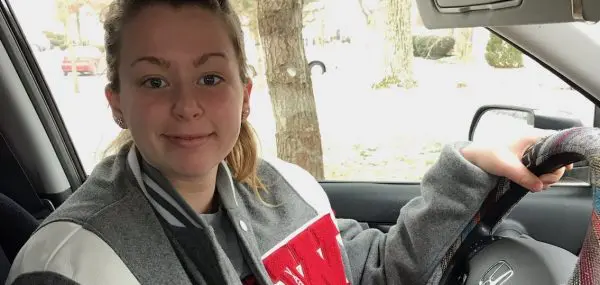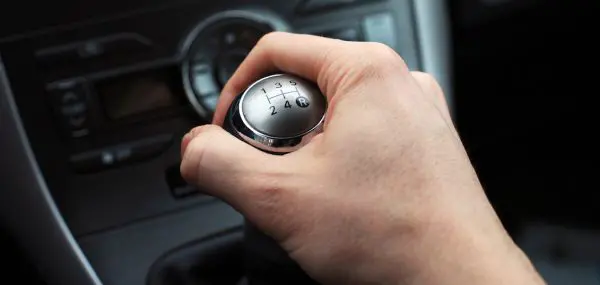“You’re going to hit the car in front of us!” I shouted at my 16-year-old son as I tried to slam on the imaginary brake from the passenger side of the car.
As the parent of twin teens, my fear of my kids being in an accident is justified. According to the CDC, almost 2,400 teens were killed in 2019 and around 258,000 were treated in emergency rooms that year for injuries sustained in car accidents. In fact, automobile accidents are the leading cause of death for teenagers and one study reports that teens are most likely to get in an accident during the first three months after getting their driver’s license.
It’s hard not to have these scary statistics in your head when you have a teenage driver behind the wheel.
I don’t like roller coasters, or any other type of thrill ride, so teaching two teenagers how to drive has been a challenging experience. The pandemic has also made it difficult for new drivers to schedule drive time in driving schools—which leaves most of the teaching to parents who may not be ready for the challenge.
So how should parents handle this daunting responsibility, especially when parent-teen relationships are often fraught with conflict?
“Parents need to meditate first and then cover their mouth with their hand while in the car with their teen,” says Dr. Laura Markham, clinical psychologist and author of Peaceful Parent, Happy Kids.
Even though she was joking, there is some truth to the fact that parents are often too critical of their teens while driving—myself included. Since Markham offered this advice, I’ve actually physically put my hand over my mouth to remind myself that I don’t always need to voice my feedback.
Before your teen gets behind the wheel for a driving lesson, Dr. Markham recommends the following suggestions:
Tips for Supporting a Teenage Driver
1. Remember how it feels to be a new driver
Markham offers this reminder: You learned to drive and so will your child. You may not remember much about the experience, but try to recall how it felt and what you found helpful (or not).
2. Stay calm
“The calmest parent should be the one who teaches the child,” says Markham. If you are anxious or stressed, you will be more likely to yell—which will only make your teen more anxious about the experience. If you are calm, it will help your teen feel calmer and increase their self-confidence, which means they will be more focused on driving.
3. Review the rules
“Before you get in the car, review basic safety guidelines with your child,” says Markham. Instead of lecturing, highlight why the rules exist and ask questions to reinforce what they already know. This quick review will help build their confidence for the driving lesson ahead.
4. Save the advice for later
“Do not give your child feedback while they are driving a moving vehicle,” Markham recommends.
Before your teen gets behind the wheel, let them know that you will wait to discuss their driving experience until the car is parked. This will reassure your teen that they can focus on driving without interruptions. Of course, if it’s a matter of safety, speak up—calmly.
Keep your eye on the horizon
You don’t want your teen to think you don’t have confidence in their ability to drive, so the less you say in the moment, the better. But even with the best intentions, there still might be times when you slam on the imaginary brake, grab the side of the car or even yell. “If you aren’t able to stay calm, no shame, no blame, it’s understandable,” says Markham. But, if this does happen, do you best to calm yourself down and apologize to your teen for your behavior.
I’m happy to say that my teens got their driver’s licenses last week. And even though I’m no longer sitting in the passenger seat teaching them to drive, I still check in with them to answer any questions and support their newfound freedom. There were times with the road was bumpier than I would have liked, but I’m grateful we made the best of the journey!




